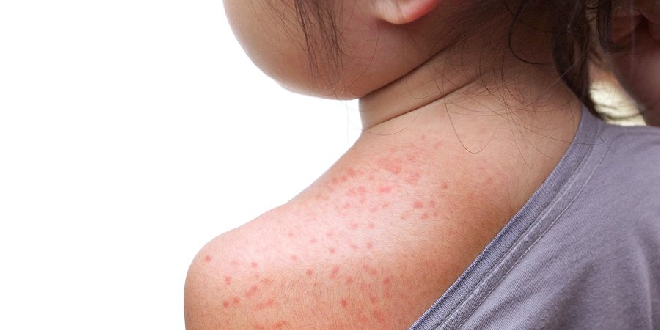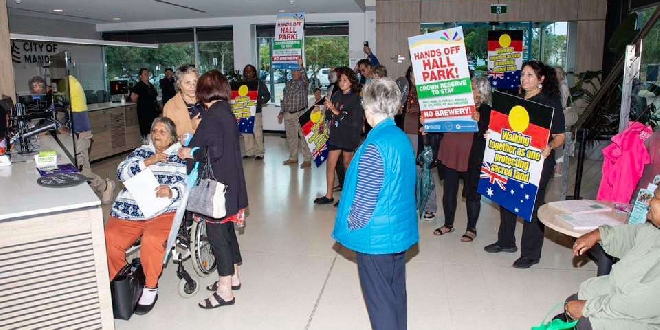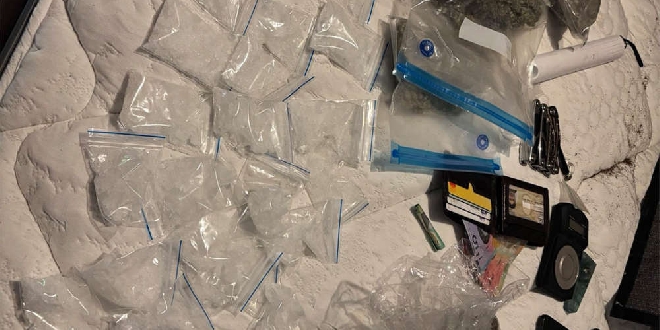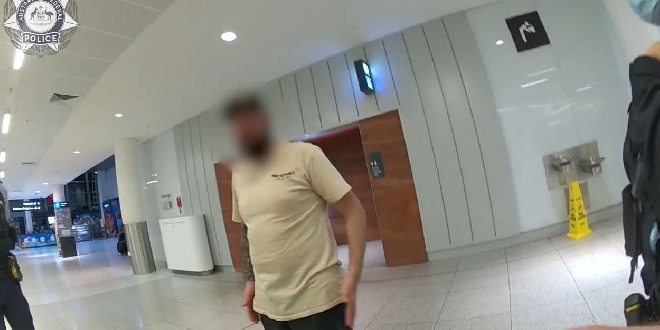
The Department of Health is urging people planning to travel to the South West or overseas for the Easter school holidays to make sure they are fully immunised against measles.
It comes after Western Australia recorded 13 cases of measles so far this year, including two people who had caught the illness while travelling overseas.
Eight cases have also been linked to an outbreak in the South West region, with 28 community exposure sites identified along with Bunbury Regional Hospital and Bunbury Regional Prison.
Director Communicable Diseases Control Directorate Dr Paul Armstrong said although measles was rare in Australia, some countries were experiencing large outbreaks of the disease.
“These include popular holiday destinations for Western Australians such as India, Indonesia, Vietnam and other countries in south and southeast Asia,” he said.
“Measles is highly infectious and can cause serious illness, particularly in babies and young children.
“It often requires hospitalisation and can lead to complications such as ear infections, pneumonia, encephalitis (swelling of the brain), and in rare cases, blindness or death.”
Symptoms of measles include fever, fatigue, runny nose, red eyes as well as a cough, which is followed several days later by a prominent red rash.
The rash usually starts on the face and head before spreading to the rest of the body.
Anyone who is not immune is at risk of developing the disease if they are exposed.
Dr Armstrong urged people to check their immunisation status to ensure they were fully protected against measles, particularly before travelling overseas.
“We are fortunate to have the MMR (measles-mumps-rubella) vaccine which is extremely effective and free for all Western Australians," he said.
The MMR vaccine is included on the National Immunisation Program for children at 12 and 18 months of age.
"People born between 1966 and 1993 may have received only one dose of vaccine in the immunisation schedule,” Dr Armstrong said.
“We now know two doses are required to provide higher levels of long-term protection.
“If you're not sure whether you have received both doses, an extra dose of measles vaccine is safe and will make sure you are fully protected."
Immunisation history statements can be accessed through a Medicare online account, or My Health Record, linked to myGov.



 Peel Thunder veteran Blair Bell retires
Peel Thunder veteran Blair Bell retires
 Community artwork celebrates Mandurah’s story
Community artwork celebrates Mandurah’s story
 Hastie joins fight to stop the stink
Hastie joins fight to stop the stink
 Mandurah Mayor says Western Foreshore development protest made City staff feel 'unsafe'
Mandurah Mayor says Western Foreshore development protest made City staff feel 'unsafe'
 Two charged over $2M meth haul in Mandurah
Two charged over $2M meth haul in Mandurah
 Secret Harbour mother Monica Smirk loses battle with cancer
Secret Harbour mother Monica Smirk loses battle with cancer
 New Mandurah MP Rhys Williams officially sworn into WA Parliament
New Mandurah MP Rhys Williams officially sworn into WA Parliament
 Byford man charged over alleged disorderly behaviour at Perth Airport
Byford man charged over alleged disorderly behaviour at Perth Airport
 Warnbro locals urged to check Lotto tickets after $1.2M win
Warnbro locals urged to check Lotto tickets after $1.2M win